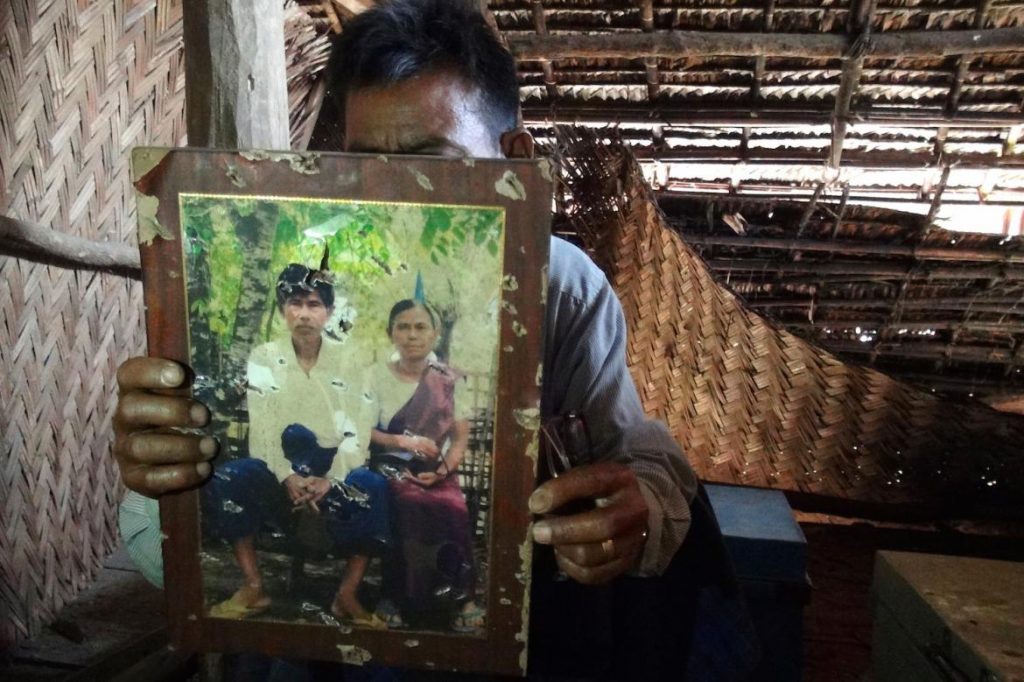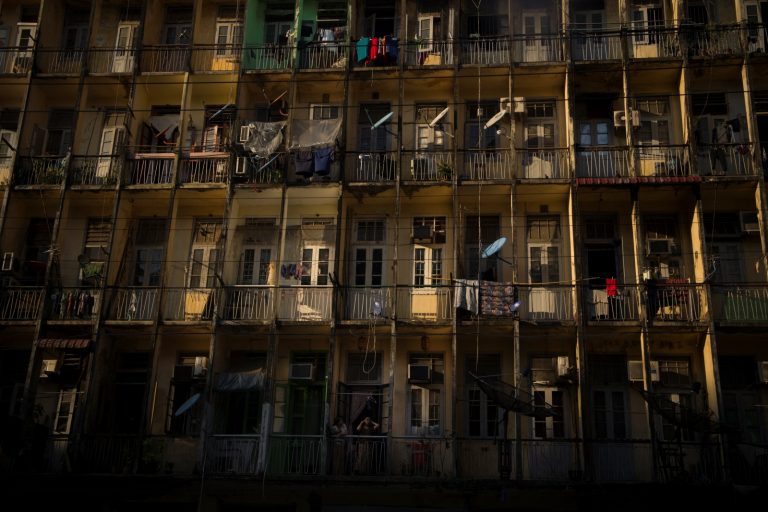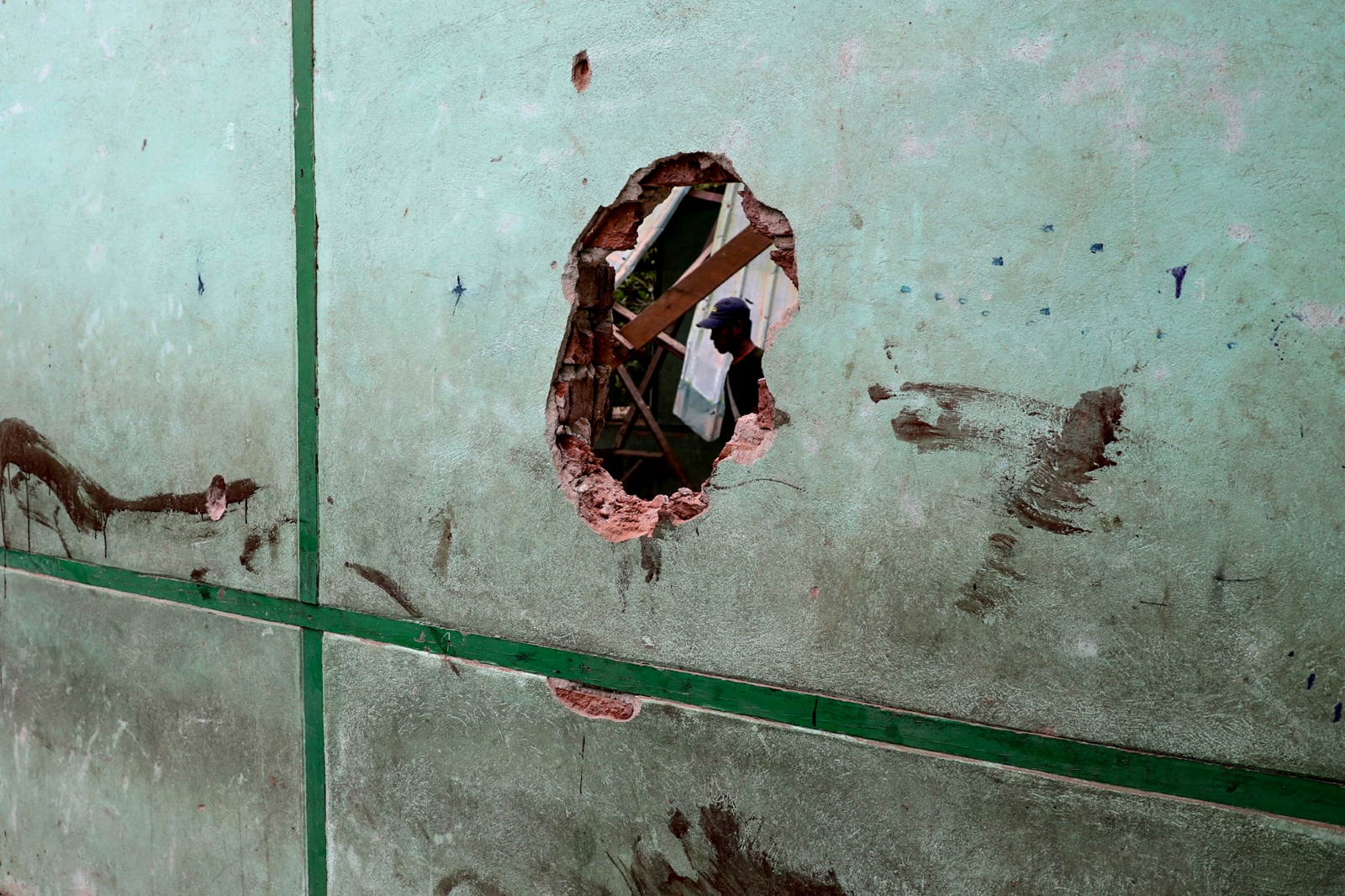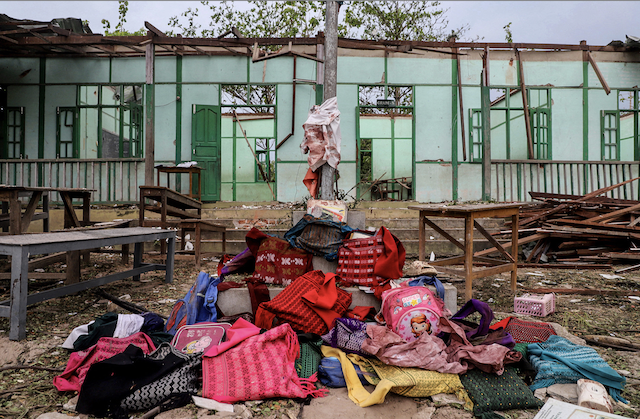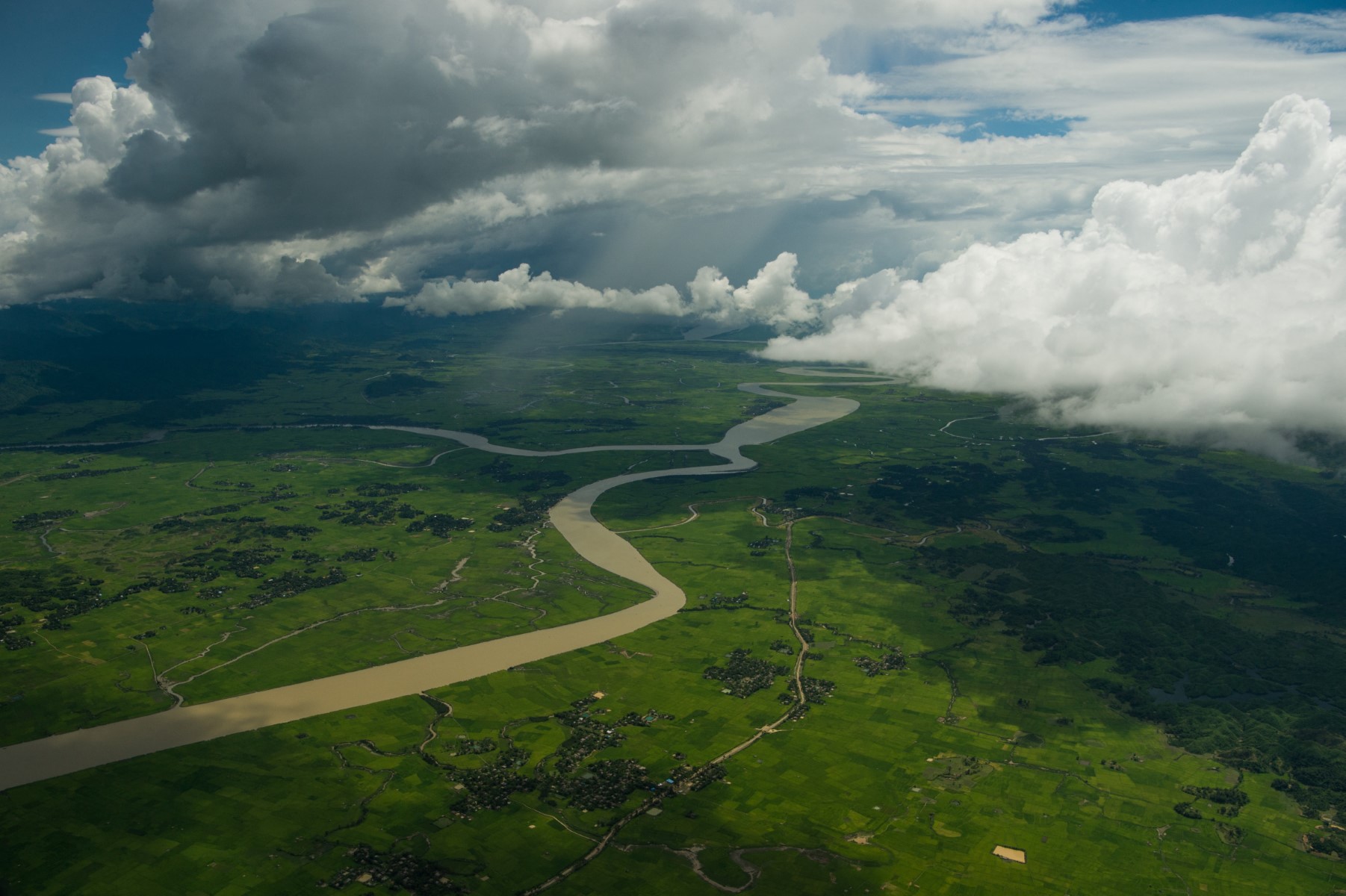By FRONTIER
YANGON — Amnesty International has accused the Tatmadaw of committing war crimes in its operation against the Arakan Army in Rakhine State and has called on United Nations Security Council to refer the situation to the International Criminal Court.
The global rights watchdog issues the call in “No one can protect us”: War crimes and abuses in Myanmar’s Rakhine State, a 46-page report issued on May 29.
Amnesty says that intensified fighting between the Tatmadaw and the ethnic Rakhine Arakan Army since January has been accompanied by indiscriminate attacks, extrajudicial executions, arbitrary arrests, torture and other ill-treatment, and enforced disappearances.
“Less than two years since the world outrage over the mass atrocities committed against the Rohingya population, the Myanmar military is again committing horrific abuses against ethnic groups in Rakhine State,” Amnesty’s regional director for East and Southeast Asia, Mr Nicholas Bequelin, said in a statement ahead of the report’s release.
Support more independent journalism like this. Sign up to be a Frontier member.
“The new operations in Rakhine State show an unrepentant, unreformed and unaccountable military terrorizing civilians and committing widespread violations as a deliberate tactic,” he said.
Frontier was unable to reach Tatmadaw spokespeople for comment on Wednesday.
The report, which notes that the fighting intensified after a government order to “crush” the AA following its deadly attacks on security posts on January 4, Union Day, also calls on the UN Security Council to impose a comprehensive arms embargo on Myanmar.
“With Myanmar’s military committing atrocities as brazenly as ever, it’s clear international pressure needs to intensify,” Bequelin said.
“Again and again, the international community has failed to stop the Myanmar military’s crimes and protect the civilian population. The Security Council was established to respond to exactly these kinds of situations, it’s time it took its responsibility seriously,” he said.
Many of the violations documented in the report were committed by troops from the Tatmadaw’s 22nd and 55th Light Infantry Divisions, identified by their distinctive shoulder patches.
“The decision to deploy these units, which are usually based in other parts of Myanmar, could only have come from the Office of the Commander-in-Chief, Senior General Min Aung Hlaing, suggesting that the current operation against the AA is being overseen at the highest levels of the Myanmar military,” the report said.
It alleged that other violations were committed by soldiers from units under the Western Command, the regional military command based in Rakhine State “which has been implicated in atrocities against the Rohingya population”.
“The fact that violations – including war crimes – have been committed not only by units long based in Rakhine State and associated with previous atrocities, but also by newly-deployed units, highlights the institutionalised and systemic nature of military abuse in Myanmar,” the report said.
“Even after the significant international attention of recent years, the Myanmar military has shown no sign of reform. On the contrary, and as this report shows, it appears intent on repeating a decades-old pattern of discrimination and violence,” Amnesty said.
Amnesty said it conducted 81 interviews for the report, including 54 on the ground in Rakhine, and spoke to Rakhine, Mro, Rohingya and Khami villagers, belonging to the Buddhist, Christian and Muslim faiths.
The report details seven unlawful attacks, most which were indiscriminate, which killed 14 civilians and injured another 28.
Direct attacks on civilians and indiscriminate attacks that kill or maim are war crimes, Amnesty said. It said the deployment by the Tatmadaw of artillery close to ancient temples at Mrauk-U exposed historical and cultural property to destruction and damage and was a violation of international humanitarian law.
The report also documents seven cases of arbitrary arrest in Rakhine since January, almost all of which involved Rakhine men of fighting age and were often accompanied by torture and other ill-treatment aimed at obtaining information about the AA.
It quoted a Rakhine man, 33, as saying: “[The soldier] asked, ‘Where do the AA keep their weapons?’ I replied, ‘I don’t know, I’m not AA’ … I remember a punch and a kick, then they hit my head with a rifle … I tried to cover my head with my hands but they started kicking and beating [me]. There was blood on my hands, face and head.”
The report says the AA has also committed abuses, including the abduction of four Rohingya from a village in Rathedaung Township on May 3, of whom two subsequently escaped but the fate of the others is unknown.
The AA had also threatened and intimidated village administrators and businesspeople, including by sending them letters accompanied by a bullet, the report said.


